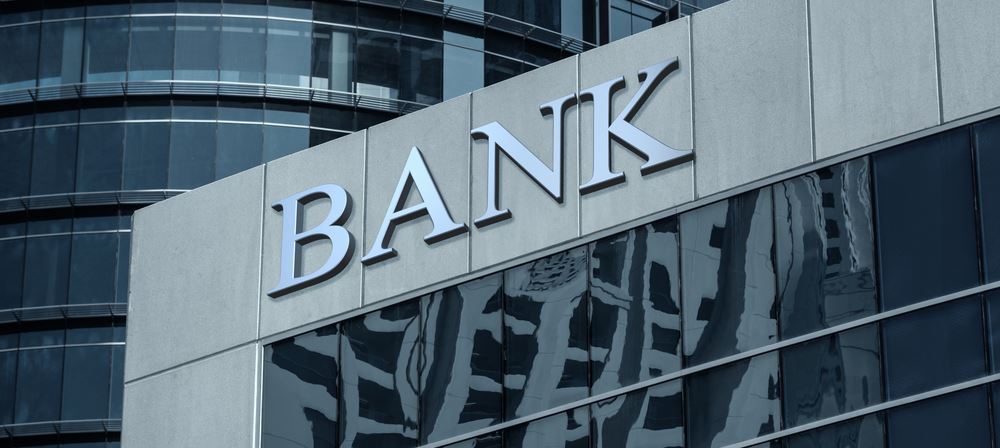The Role of Board in Risk Management.

In the past years, boards could rely on management to oversee and manage risk. But when the financial crisis hit in 2008 harsh economic times hit boards of directors and they came face to face with complex legal issues and failing businesses. The financial downfall was an abrupt wake-up call for boards of directors to delve deeper into their organization’s risk management practices.
The pervasiveness of risk in the workings of everyday business means that boards must factor risk as part of an organizational strategy. Technology has increased the pace of business transactions globally, which has increased the volume and speed of product cycles. Today’s businesses are wrought with complexities and litigiousness like never before issues that hold the potential to destroy organizations overnight.
In addition to management, boards are increasingly being held accountable for managing risk. Corporate governance rules and credit rating agencies are taking a stronger role in corporate risk by forming policies that address risk management policies. These emerging trends are forcing boards to assess past organizational exposures to risks. Economic trends also demand boards to be forward-thinking with regard to overseeing current financial risks and exposures to minimize the impact of financial crisis.
Therefore the board is entirely responsible for managing Risks in any organization however, it (board) cannot manage Risks sole handedly without consulting experts in Risk management like the Institute of Forensics & ICT Security. Enroll for a training in “The Role of Board in Risk Management” and acquire skills on how to manage Risks in your organization.






Responses